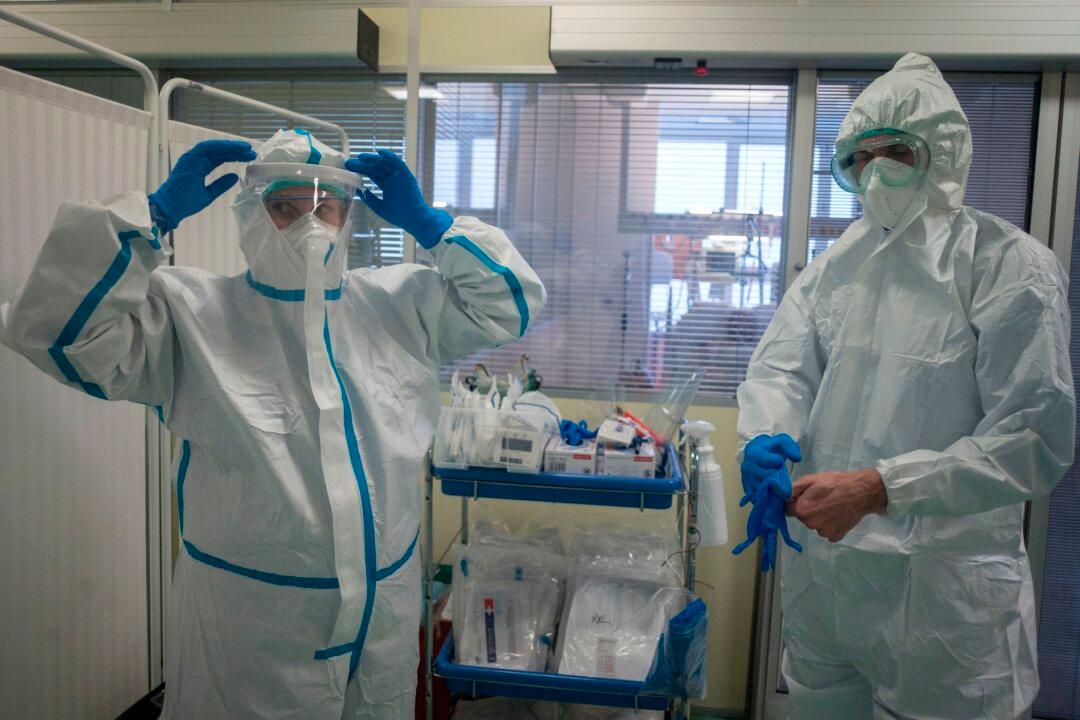Europe’s disease prevention agency has warned that more imported cases of a more severe strain of mpox, currently circulating in Africa, are “highly likely” in Europe in the coming weeks.
The European Centre for Disease Prevention and Control (ECDC) said in an Aug. 16 statement that it has raised its risk alert level for sporadic cases of the clade I mpox—formerly monkeypox—virus in the 27 European Union (EU) member states plus Iceland, Liechtenstein, and Norway, to “moderate.”





